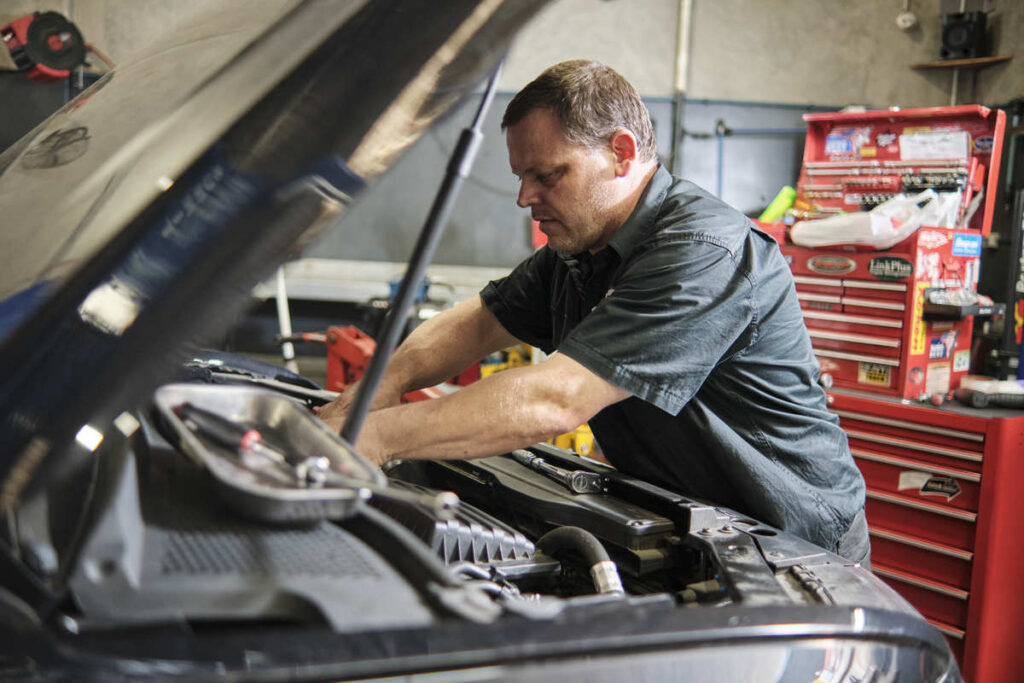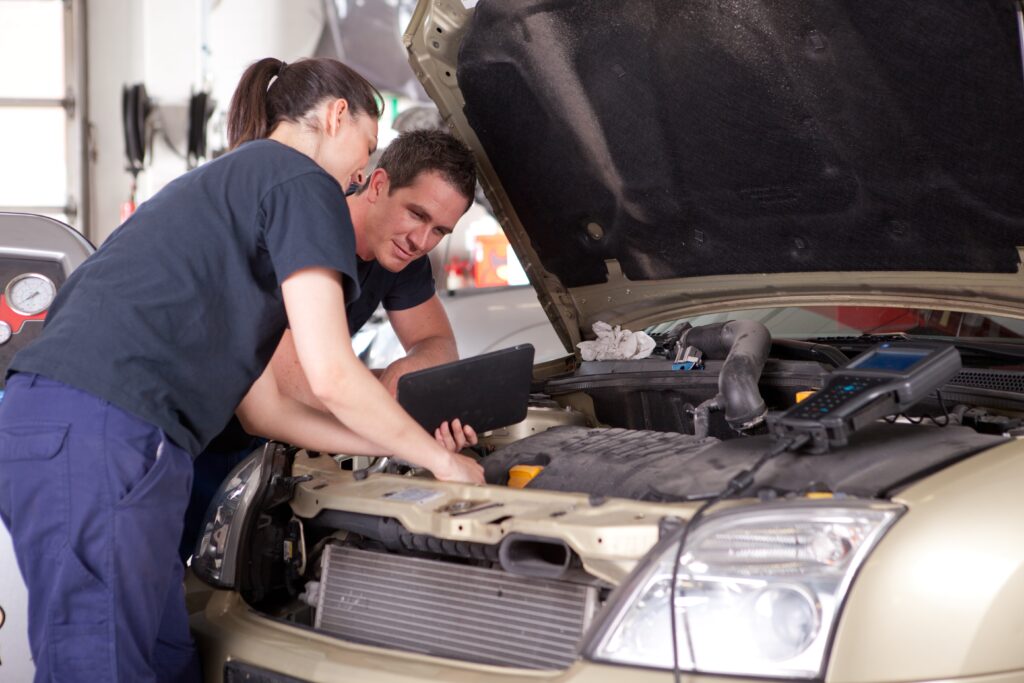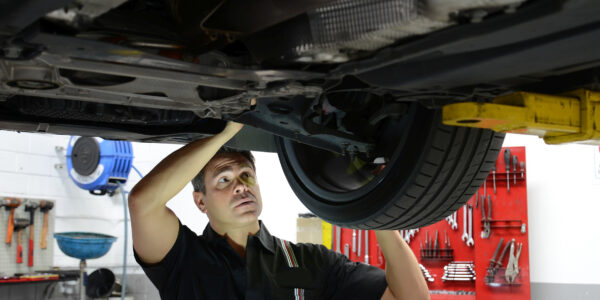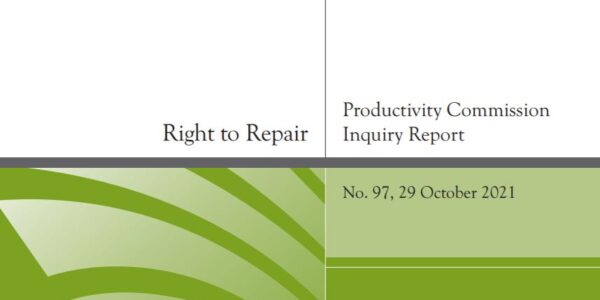AAAA Joins global Right to Repair movement
- PostedPublished 8 October 2023
The Australian Automotive Aftermarket Association (AAAA) has signed the new Right to Repair position statement, together with other worldwide organisation leaders to support consumer rights to repair and service their vehicles at the workshop of their choice.
The manufacturing of garage equipment and replacement parts, their distribution systems and the service and repair facilities themselves all make up the vital industry of automotive maintenance and repair.

Independent repairers keep 70 per cent of “out of warranty” vehicles safely on the road around the globe, helping guarantee that drivers in all communities, including the small and the remote, have reasonable and prompt access to necessary services.
The mission statement signed by the AAAA outlines the movement’s underlying values as well as the goals and expected effects of the right to repair legislation. The document, described as “Ten Principles of Best Practice Right to Repair Legislation” outlines a framework that each supporting nation can use and customise to meet their own requirements.
All signatories contend that there is a significant disparity between auto manufacturers and independent repairers in terms of market and political power when it comes to regulation, that there are no mechanisms in place to hold manufacturers accountable for breaking voluntary agreements, and that the profits auto manufacturers derive from these practices call for legislative enforcement.

This would include a mandated duty to exchange service and repair data, diagnostic and repair equipment, as well as repair software with the independent repair industry.
The MVIS (Australian Motor Vehicle Information System) came into effect on July 1, 2022, bringing Australia into compliance with US and European standards, however, the AAAA claimed that more work remains to be done.
Although consumer rights to free and unrestricted competition are safeguarded by the comprehensive MVIS legislation, this does not include wireless transmission of data from the vehicle to the manufacturer.
Thousands of data points about the condition of various vehicle systems are collected by connected vehicles, which is wirelessly communicated to the manufacturer – and independent repair businesses are prevented from accessing it.
Without convenience and choice, these obstructions may have disastrous implications including reduced competition due to workshop closures, job losses, unaffordable servicing costs, skipped routine safety maintenance, and the inability for the government to meet electric vehicle adoption goals due to a diminishing service infrastructure, all of which will could have a disastrous effect on millions of people who depend on their vehicles for transportation.
“Our law is the best in class, but even here in Australia we can see areas of improvement when the law is reviewed – we need to keep up with evolutions in technology that would limit owners’ right to choose and violate their privacy,” said AAAA CEO Stuart Charity.
- CategoriesIn SightGlass
- TagsAAAA, choice of repairer, SightGlass News Issue 29




